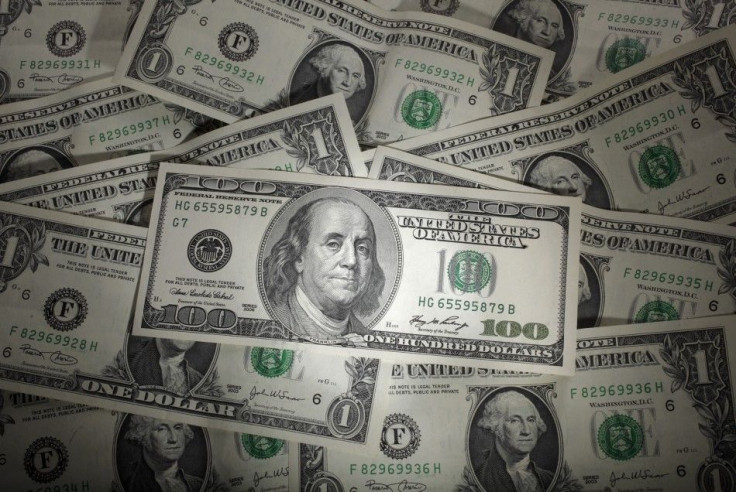Assuming a U.S. Default, Where Should You Put Your Money?

Analysis
It's a cliché, but in this case it applies: if the U.S Government defaults it will be front-page news. Or top-of-the-Web-site news.
In other words, a U.S. Government default would be a huge event. Unprecedented. With implications for bond and stock markets, and other ramifications.
But what many investors really want to know is -- what's the best asset or investment class in the event of a U.S. Government default? Let' s walk through them.
U.S. Stocks - No safe haven in U.S. equities. If the U.S.government defaults and interest rates rise, with credit tightening, stocks would likely take a beating on the prospect of slower U.S. GDP growth.
U.S. Bonds - Some flight-to-safety money would likely benefit bonds -- particularly safer, higher quality bonds -- but the bond market overall may take a hit, as well, if investors view corporations as having a harder time getting financing for their needs, which would weigh on corporate revenue and earnings.
Gold - All that glitters is not gold...sometimes not even gold glitters. In a global financial system and economy stressed by higher interest rates and tighter credit markets, typical investors would flee to gold, and gold's price would rise. But gold's price, already a lofty $1,613 per ounce makes a gold move a riskier option than it typically would be. Further, gold could actually fall, post U.S. default, if investors conclude that the default will hurt the U.S. and global economies substantially.
U.S. Real Estate - You saw what happened to the U.S. housing sector following the start of the financial crisis: it collapsed. Further, rising interest rates would only sap already sluggish U.S. existing and new home sales.
Swiss franc/Japanese Yen - These are two currencies that probably would provide some refuge. The Swiss franc has been rising versus the dollar, due to the U.S.'s large budget deficit and national debt; the yen, less so, due to the Bank of Japan's effort to limit its rise. Hence, putting a portion of your portfolio in the franc or yen appears to be prudent, if you have that option. Here again, however, the tactic is hardly fail-safe: investors may push down the value of the franc and yen, if they believe those two economies would be hit hard by a slowing global economy.
Oil - the vital commodity. Oil is the commodity that rarely seems to drop in price, or at least not drop for very long. After it plunged to about $35 per barrel during the financial crisis' acute stage in the fall 2007/winter 2008, it took less than 12 months to double, and West Texas Intermediate is once again flirting with $100 per barrel. Rising demand in emerging markets provides a modest amount of safety, but here again, the global economy is a factor. If a U.S. default constrains credit markets, oil demand growth could slow, and that could send oil tumbling.
Cash - Here again, historically holding cash has been a good strategy during times of economic stress. Unless you believe a long period of hyperinflation in the U.S. will ensue, cash is a good option. As noted, if you can cycle a portion of that cash into Swiss francs or yen, that's the tack.
Foodstuffs/Life Sustenance Materials - This is for the (hopefully) only small percentage of investors who believe a U.S. Government default will lead to a return of the barter system. In which cash, the basics of life will be king, not cash. But don't count on the barter system returning anytime soon.
Investment Analysis: The bottom line is that no one can predict with certainty the financial and economic impact of a U.S. Government default. As Washington Post Journalist Bob Woodward would say, "We're in uncharted waters."
That disclaimer listed, the argument forwarded here is that assuming a default, the best places to park at least a portion of your money are: 1) Swiss franc, 2) yen, and 3) oil.
© Copyright IBTimes 2024. All rights reserved.





















